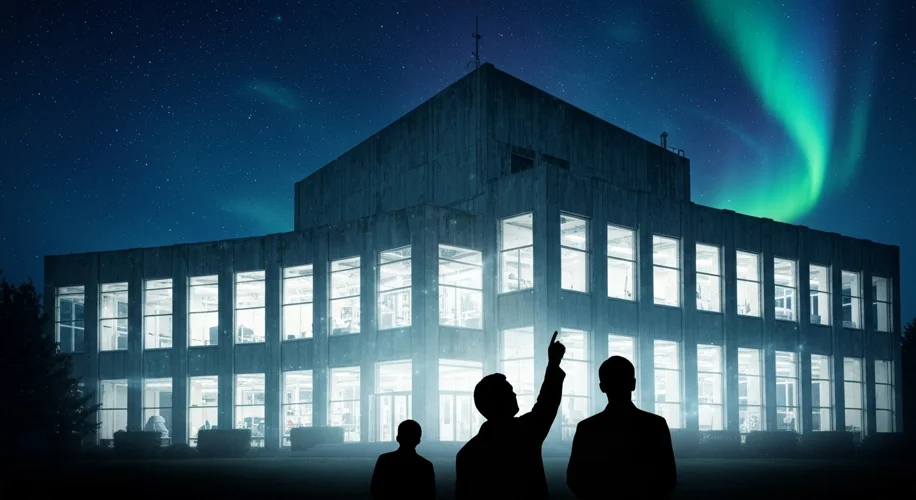As of August 5, 2025, there’s a concerning trend unfolding at NASA’s Goddard Space Flight Center, a place that has been instrumental in expanding our understanding of Earth and the cosmos. Reports indicate that the center is undergoing significant changes, including staff reductions and the termination of certain missions. This situation is particularly worrying because Goddard plays a crucial role in Earth science and space weather monitoring.
Did you know that Goddard Space Flight Center is a hub for some of NASA’s most important Earth-observing missions? These missions provide vital data about our planet’s climate, atmosphere, oceans, and land surfaces. The information gathered helps scientists track changes like rising sea levels, deforestation, and extreme weather patterns. This research is not just academic; it directly informs our understanding of climate change and helps us develop strategies to adapt and mitigate its impacts.
Similarly, Goddard’s work in space weather is critical. Space weather refers to the conditions in space driven by the Sun’s activity, which can affect satellites, power grids, and communication systems here on Earth. Monitoring and predicting these events are essential for protecting our technological infrastructure.
The current situation, with layoffs and mission terminations, raises serious questions about the future capacity of NASA to conduct this vital research. When we lose experienced scientists and engineers, we lose institutional knowledge and the ability to carry out complex, long-term projects. Terminating missions means losing valuable data streams that have been built up over years, creating gaps in our scientific record.
It’s also important to note that many in Congress have voiced opposition to these cuts, viewing them as detrimental to scientific progress and potentially politically motivated. This suggests a broader concern about the direction of NASA’s Earth and space science programs.
From my perspective as someone with a background in atmospheric science, these developments are disheartening. Investing in scientific research, especially in areas like climate monitoring and space weather, is an investment in our future. It provides us with the knowledge needed to address global challenges and ensure our safety and well-being. The work done at places like Goddard is fundamental to understanding our planet and our place in the universe. I hope we can find a way to support and strengthen these critical scientific endeavors.

